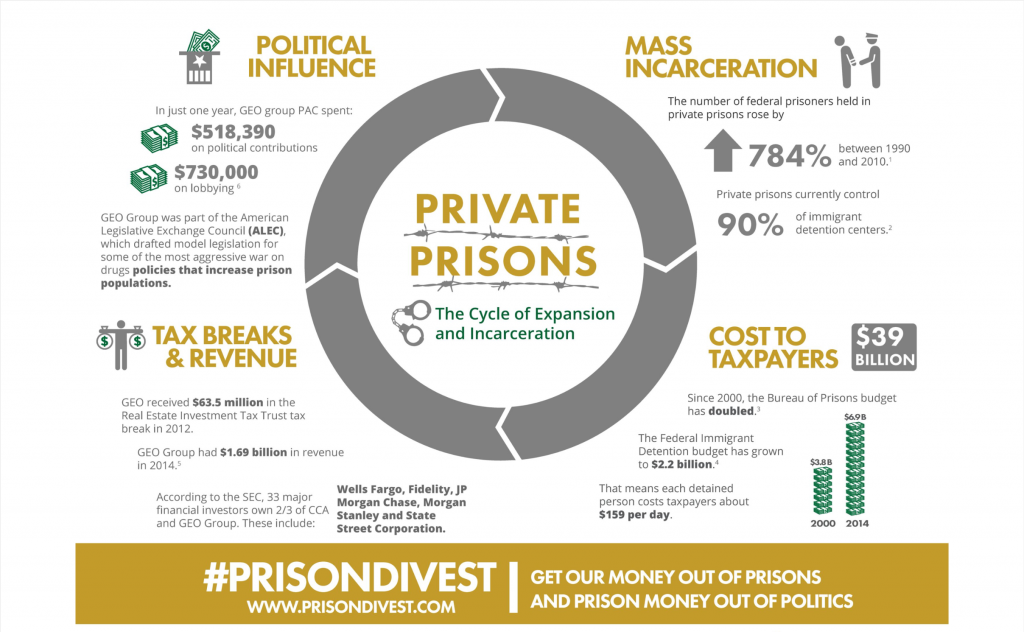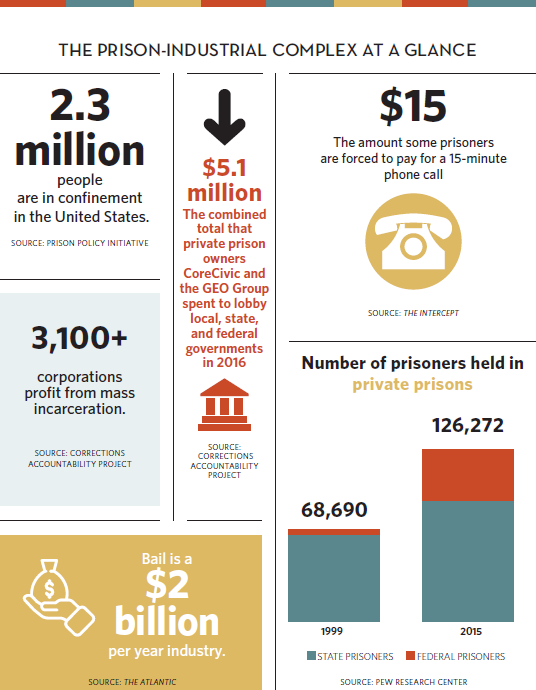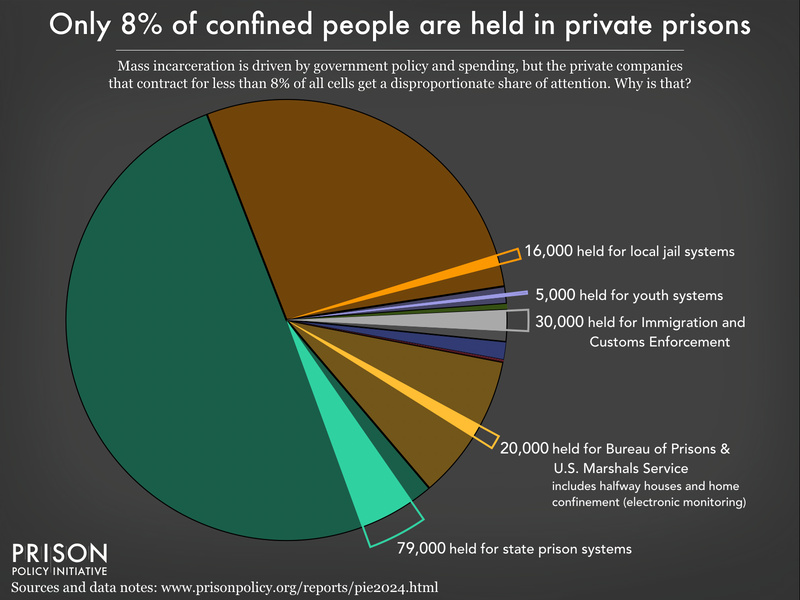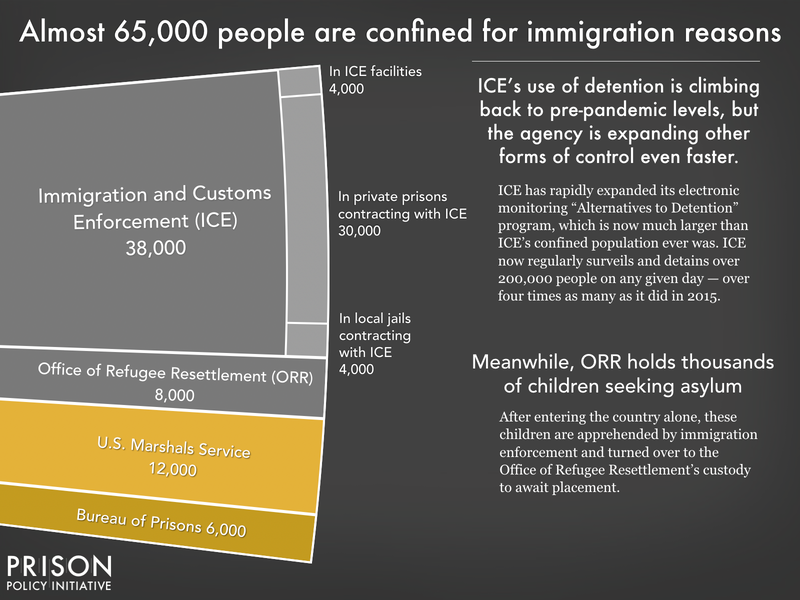The valuation of private prison companies on Wall Street is influenced by factors such as inmate occupancy rates and facility usage.

Private prisons, also known as for-profit prisons or corporate-run prisons, are correctional facilities operated by private companies rather than government agencies. These institutions have sparked significant debate and controversy, as they intersect with various issues ranging from ethics and human rights to economic interests and the efficacy of the criminal justice system.
Private prisons emerged in the United States in the late 20th century as a response to overcrowding in public prisons and a desire to reduce government spending on corrections. Advocates argued that private companies could operate prisons more efficiently and at a lower cost than the government. They claimed that competition between private firms would incentivize innovation and cost-saving measures.
However, critics have raised numerous concerns about the operation of private prisons. One major critique is the potential conflict between profit motives and the goals of the criminal justice system. Critics argue that private prison companies may prioritize maximizing profits over the well-being and rehabilitation of inmates. This profit incentive, they contend, could lead to cost-cutting measures that compromise the quality of services provided, such as healthcare, food, and rehabilitation programs. Moreover, there are concerns that these companies may lobby for policies that increase incarceration rates, as higher inmate populations mean more revenue for them.
Another contentious issue is the lack of transparency and accountability in private prisons. Unlike public prisons, which are subject to public oversight and scrutiny, private prisons often operate with less transparency. Critics argue that this lack of transparency makes it difficult to assess the conditions within these facilities and hold them accountable for any abuses or violations of inmates’ rights.
Moreover, studies examining the performance of private prisons have yielded mixed results. While some research suggests that private prisons may indeed operate more cost-effectively than their public counterparts, other studies have found no significant cost savings or even higher costs associated with private prisons. Additionally, there is limited evidence to support the claim that private prisons are more effective in reducing recidivism or improving public safety.
In recent years, there has been growing scrutiny and opposition to the private prison industry. Some jurisdictions have taken steps to phase out or reduce reliance on private prisons. For example, in 2016, the U.S. Department of Justice announced plans to end the use of private prisons at the federal level, citing concerns about safety and cost-effectiveness. However, the subsequent administration reversed this decision, highlighting the ongoing debate and political divisiveness surrounding the issue.
In conclusion, private prisons remain a contentious topic at the intersection of economics, ethics, and criminal justice. While proponents argue that they offer a cost-effective solution to prison overcrowding, critics raise concerns about profit motives, transparency, accountability, and the quality of care provided to inmates. As the debate continues, policymakers face the challenge of balancing the need for efficient correctional facilities with the imperative of upholding human rights and promoting rehabilitation within the criminal justice system.






